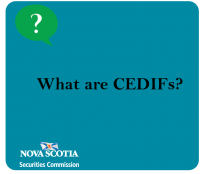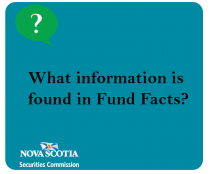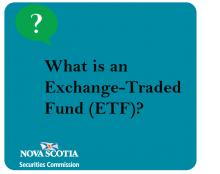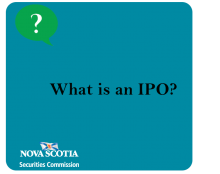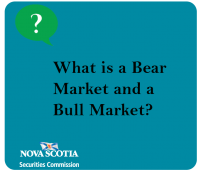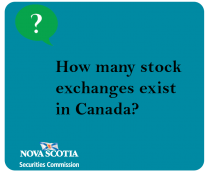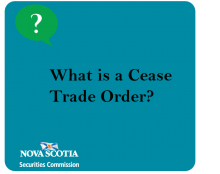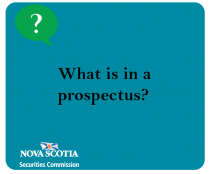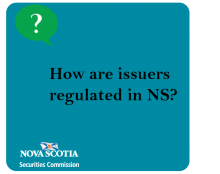Question of the Week: What are CEDIFs?
Submitted by nsscadmin on
The Community Economic and Development Fund (CEDIF) was launched in Nova Scotia in 1999 as a way for Nova Scotian’s to invest in local enterprises. Under the CEDIF program Nova Scotia residents can invest in local enterprises and may receive a tax credit for their investment.

